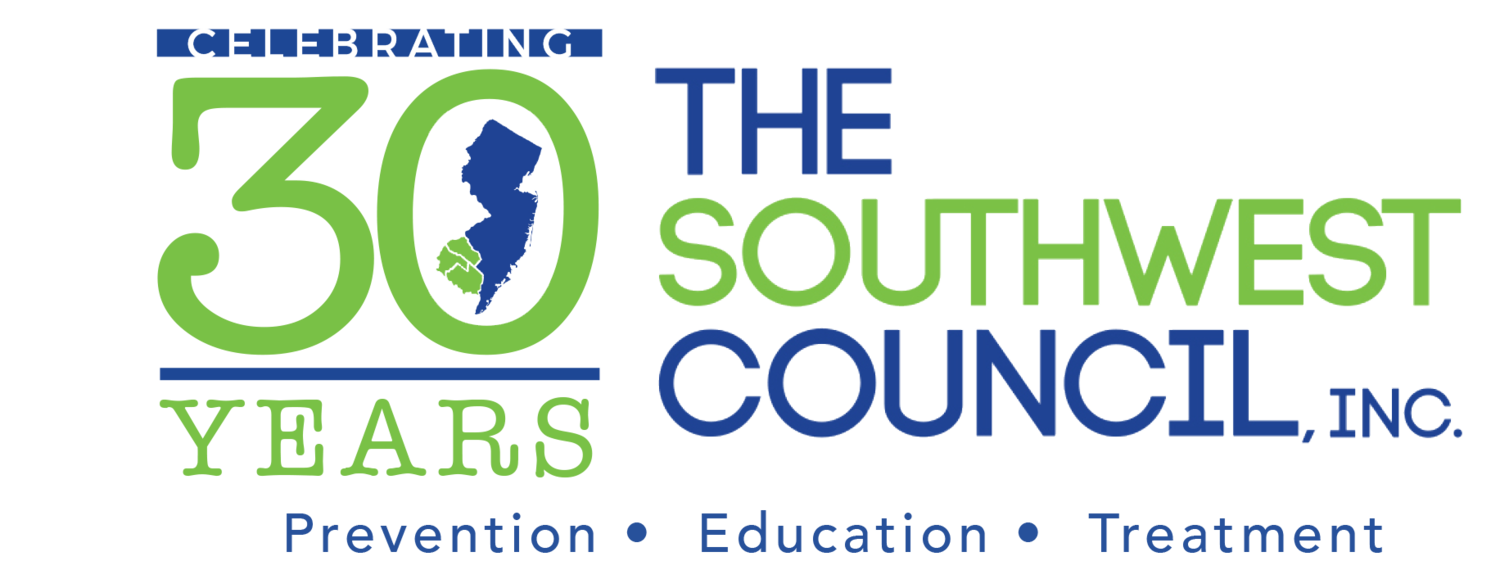By: Kevin Allen Jr.
It’s no secret that social media plays a large role in influencing youth in today’s growing society, but what are some of the effects constant social media exposure can have on younger generations? Are they all bad effects? All good? Social media is how many young adults, teenagers, and youth in general communicate and express themselves in our large world, and sometimes this communication can be beneficial to users, and other times it can be more damaging to their overall mental health well-being. An estimate shows that in 2018 there will be 2.67 billion social network users worldwide, which solidifies the fact that social media is not going to go away anytime soon, so it is important that we utilize the positive elements that social media offers to youth and try to inform users the negatives that can occur from spending too much time in this virtual world.
Internet and social media usage has been reported to affect various aspects of an individual’s livelihood. Because of social media, the youth have grown up in place where striving for likes on Facebook, Twitter, or Instagram is commonplace. When these likes don’t come rolling in, youth might have a negative experience on these social media sites, potentially damaging their self-esteem and causing depression-like symptoms. Two studies conducted in 2014 concluded that depressive symptoms (low moods, feeling worthless and hopeless, increasing sadness) were linked to whether or not online interactions were positive or negative, where the negative interactions, like cyberbullying, resulted in higher depressive symptoms. Whether the interaction is positive or negative, it is apparent that youth are becoming more and more dependent on social media usage and interactions. In 2011, researchers concluded that even though social media addiction is not included as an addictive disorder, individuals may still need professional help to handle their social media addiction. Those who used social media at an excessive rate showed more relationship issues, lower academic achievement, and less social interactions within the real world.
Not all youth interactions with social media have to be viewed as negative or causing damage to their well-being; there are some positives that can come out of social media usage from youth. By being involved with social media, youth can become exposed to a wide variety of cultures, expanding their knowledge and awareness of what is happening around the world. Along with learning about various cultures worldwide, youth can explore their local community and discover resources and support groups to help them during struggling times. For example, teenagers who are part of the LGBTQ community or struggling with existing mental health issues might find it hard to express themselves within social situations, but through the power of social media and other online support groups these individuals can find friendships, a sense of encouragement, and help for developing social skills.
As in most things in life, social media has its pros and cons, and it all comes down to the users experience online. Without guidance and proper knowledge, social media can be harmful to youth, decreasing their self-esteem and increasing risk of depression. It isn’t realistic to completely cut social media out of the life of teenagers, but it is realistic to inform them how to properly utilize online resources, including social media, to better their lives. The Southwest Council provides preventative in-school programs helping youth develop important life skills, particularly when it comes to maintaining a positive self-image, effective communication on and offline, avoiding risky addictive behaviors and much more. Talk with the youth in your home to see if they know how social media can be beneficial and harmful in their lives, and if they have ever learned about the topics that the Southwest Council prevention team covers. If you have any questions about the Southwest Council, or to see if your child’s school has a Southwest Council professional teaching this valuable material, visit http://www.southwestcouncil.org or contact us at (856) 794-1011.
Sources:
https://www.modernghana.com/news/727123/positive-effects-of-social-media-on-the-youth.html
https://www.psycom.net/social-media-teen-mental-health
https://smallbusiness.chron.com/negative-effect-social-media-society-individuals-27617.html























